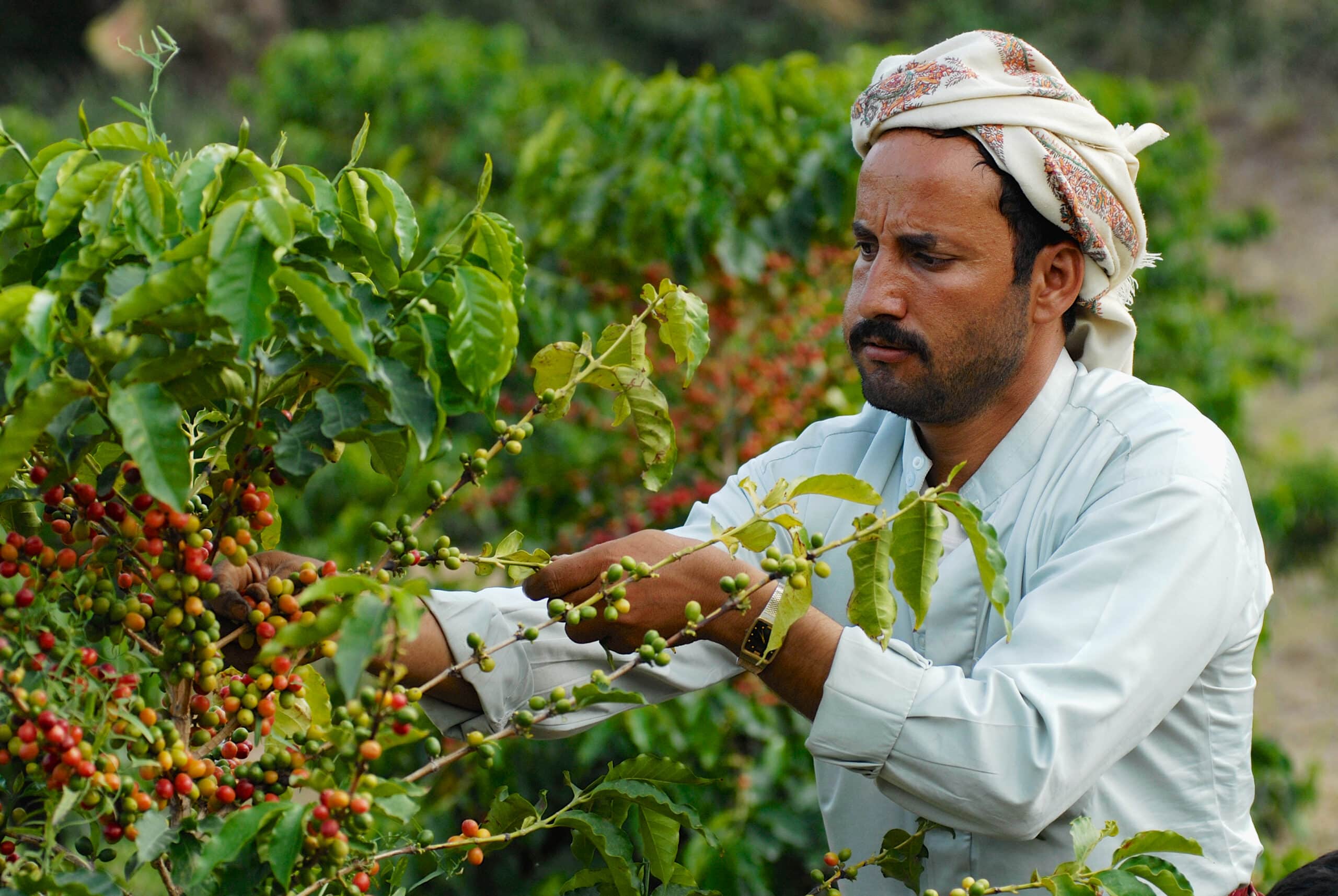The concepts of transparency and traceability are gaining momentum within the agrifood industry as businesses seek to ensure the safety and quality of their food products, while also fostering integrity and trust within the food supply chain. These concepts are integral to maintaining high standards of production and distribution, and they play a pivotal role in building consumer confidence and loyalty.
Defining transparency and traceability
Agricultural traceability involves documenting and maintaining information about a food product as it travels through the value chain, identifying where it has come from, what inputs it has been exposed to, and what manufacturing processes it has undergone. Traceability is integral to quality management systems. Traceability informs businesses about a product’s origin, history, and location and enables efficient tracking of products, facilitating quick and effective response in case of food safety issues. It allows for the identification and isolation of products that do not meet quality standards or that are potentially harmful, thus protecting consumer health and preserving brand reputation.
Meanwhile, agricultural transparency refers to the act of open and honest sharing of information about a product’s production processes, ingredients, origins, and social and environmental impacts. Transparency is vital for building consumer trust, as well as maintaining confidence in the integrity of food regulation systems. While traceability pertains to the gathering of key processing information, transparency describes the effective communication of it.
Consumer demands
As consumers become increasingly conscious of their food consumption choices, it is imperative that businesses provide them with the information they need to make informed purchasing decisions. Transparency and traceability are vital in this context, with consumers looking to producers to provide this information, typically through food labelling and packaging.
Consumers are primarily driven by food safety, nutritional and quality concerns. They seek easily understandable packaging that contains ingredient lists, nutritional information, certifications, and allergy warnings.
Research from the Food Marketing Institute reveals that a quarter of consumers also want to know how products are sourced, and specifically seek information on sustainability, animal welfare, labour practices, and fair trade during production. While recent research into consumer preferences in the U.S has revealed that as much as 94% of consumers are more likely to be loyal to a brand that offers complete supply-chain transparency, with 39% indicating a willingness to change their brand of choice if these requirements are met. This growing interest highlights the importance of ethical and responsible sourcing in consumers’ decision-making processes, indicating a shift towards more conscientious buying habits.
Regulatory demands
In addition to growing consumer demand, regulatory bodies are also intensifying their requirements for transparency and traceability within the food supply chain. These measures aim to safeguard public health, promote fair competition, and align with global trade standards.
Led by international organisations such as the World Health Organisation (WHO) and the Food and Agriculture Organisation (FAO), regional governments are placing strict regulations across supply chains. In the United States, the Food Safety Modernisation Act (FSMA) has set forth requirements for more comprehensive tracking and monitoring of food, ensuring that businesses maintain detailed records and develop plans to mitigate contamination risks. Similarly, the European Union’s General Food Law Regulation mandates complete traceability of food and feed at all stages of production, processing, and distribution.
More recently the EU Deforestation-free Regulation (EUDR), requires producers and importers of certain agrifood commodities to prove that products do not originate from practices that have caused deforestation or forest degradation, at the risk of fines or market prohibition. Another emerging regulation is the Sustainable Finance Disclosure Regulation (SFDR), which seeks to enhance transparency regarding the sustainability of financial products and encourage more sustainable investment practices.
Strategies to meet demand
The adoption of transparency and traceability practices in agri-business not only strengthens ESG and regulatory compliance but also significantly mitigates food safety risks through improved traceability systems that enable efficient product recalls. Such transparency fosters stronger consumer trust, thereby enhancing brand reputation and opening doors to new markets. To capitalise on these benefits, food and agribusinesses must deploy a combination of strategic approaches and advanced tools to accurately monitor and report the journey of agricultural products from farm to fork.
- Digitisation: Technologies like RFID and barcodes provide the means for automatic identification and efficient inventory management. Blockchain technology has also emerged as an effective way of ensuring data integrity and transparency across the supply chain. By offering a decentralised system for transparent recording, verification, and storage of information, blockchain enables traceability and fosters consumer trust by providing an immutable log of a product’s journey.
- Big data and analytics: Enhancements in collating data can drastically improve transparency and traceability systems. Big Data, AI, and deep learning algorithms can improve sales/demand forecasting and ensure more predictable upstream procurement. Furthermore, effectively sharing this data across the supply chain can boost operational efficiency by allowing for real-time visibility and rapid response to changes.
- Supply chain collaboration: Strong supplier relationships are the foundation of a resilient supply chain. Collaborative efforts enhance responsiveness to demand fluctuations and contribute to product safety and quality, ensuring a value-driven supply chain that benefits all participants.
Working toward transparency and traceability
Establishing trust with consumers and supply chain partners is crucial for the long-term health of any agrifood business. However, the process of establishing and adhering to transparency and traceability standards is a complex process that requires collaboration between governments, multilaterals, businesses, and consumers alike. It’s a vital step towards fostering a sustainable and ethical food system that benefits everyone involved, from farm to fork.
At Farrelly Mitchell, our transparency and traceability experts support all stages of this process. We work with policymakers to strengthen policy and regulations in this area, and establish more robust food safety and control systems. We also work alongside food and agribusinesses as they look to meet evolving regulatory and client requirements – particularly in the areas of food safety, food security, sustainability and ESG – by designing and reviewing their traceability systems. If you are looking to build more robust transparency and traceability frameworks, or ensure regulatory compliance, contact our experts today.














